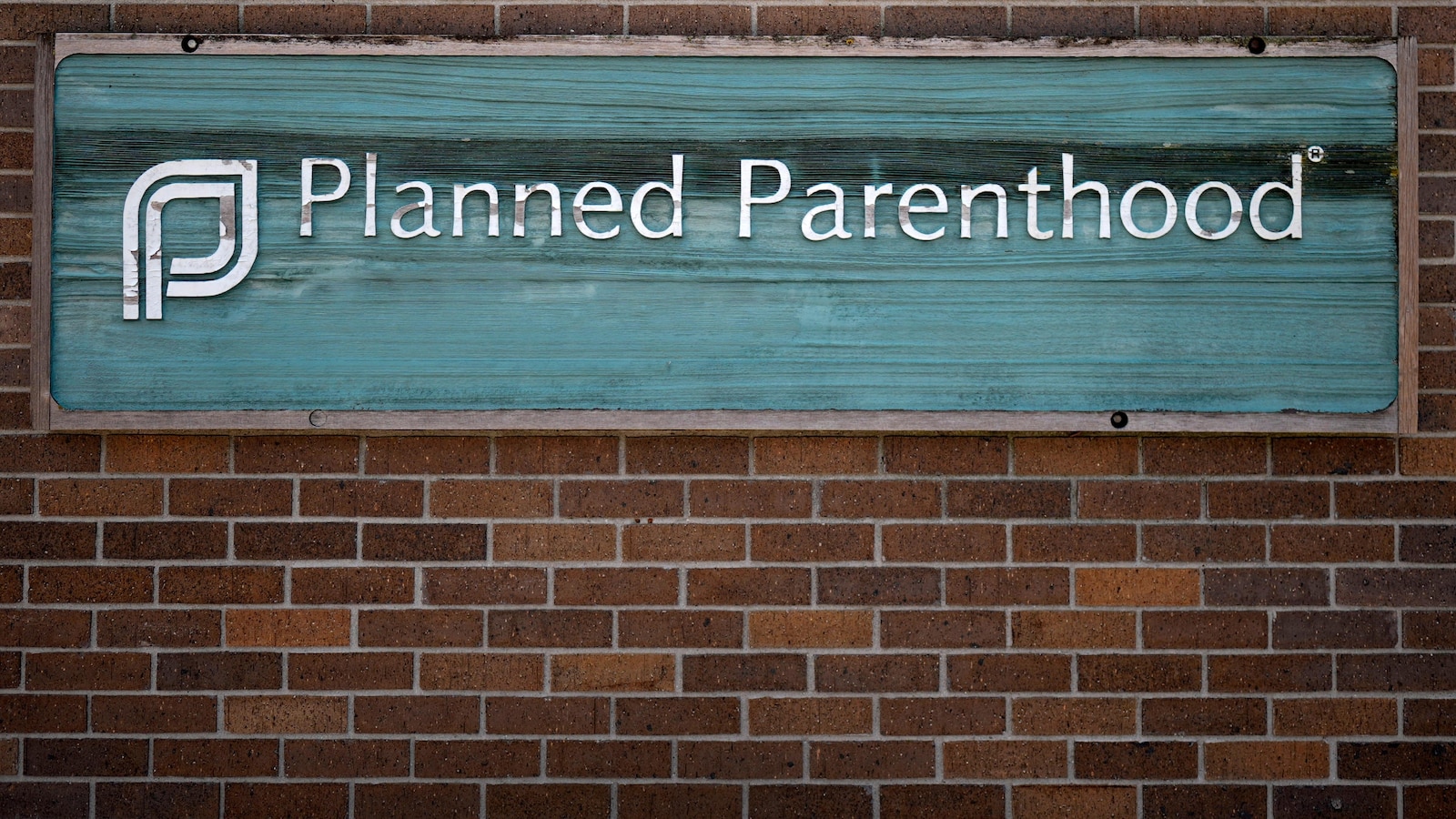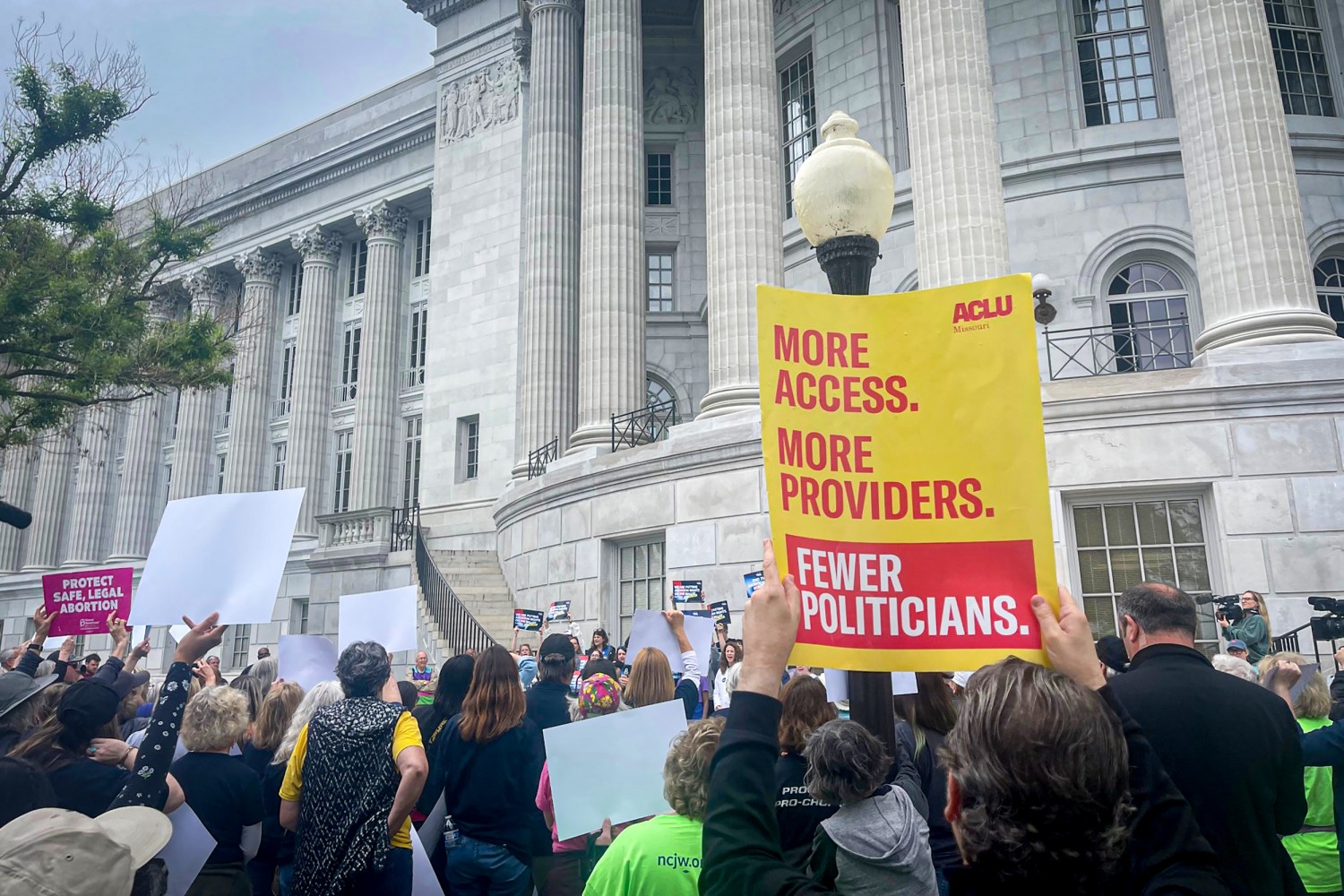Pregnant People Denied Emergency Care: A Patient’s Story and a Call for Justice
More than 100 pregnant people have been denied care or negligently treated by hospitals in the last two years, according to a recent analysis of federal complaints. One of those women is Kyleigh Thurman, who filed a complaint last week asking the government to investigate whether staff at Ascension Seton Williamson in Round Rock, Texas, violated federal law last year when they allegedly delayed treatment of her ectopic pregnancy, leading it to rupture and to the removal of her fallopian tube.
Thurman’s story is a harrowing example of the dangers that pregnant people face in a post-Roe v. Wade world. Despite the fact that Texas’s abortion ban explicitly makes an exception for ectopic pregnancies, which are always nonviable and life-threatening, these cases can be difficult to diagnose. Advocates say doctors may hesitate to act out of fear of running afoul of the state’s overlapping bans, which impose hefty penalties on providers.
In Thurman’s case, she went to the ER multiple times with symptoms of an ectopic pregnancy, including cramping, bleeding, and dizziness. However, she was repeatedly sent home with miscarriage paperwork and told to take pain medication. It was only after she threatened to have her OB intervene that she finally received the methotrexate injection she needed to stop the growth of the ectopic pregnancy.
But the damage had already been done. The ectopic pregnancy had ruptured, causing Thurman to lose a significant amount of blood. She required surgery to remove her right fallopian tube and a blood transfusion.
Thurman’s experience is not unique. In fact, a recent analysis of federal complaints found that more than 100 pregnant people have been denied care or negligently treated by hospitals in the last two years. These cases include women who were denied abortions even though their lives were in danger, women who were forced to give birth against their will, and women who were subjected to unnecessary medical procedures.
These cases are a grave violation of the rights of pregnant people and a threat to their health and well-being. It is essential that hospitals and medical providers understand their legal obligations to provide emergency care to pregnant people, regardless of their personal beliefs about abortion.
Thurman has filed a complaint with the government, asking for an investigation into the care she received at Ascension Seton Williamson. She is also speaking out about her experience in order to raise awareness of the dangers that pregnant people face in a post-Roe world.
Thurman’s story is a powerful reminder that the fight for reproductive rights is far from over. We must continue to fight for the rights of all pregnant people to access the care they need, when they need it, without fear or discrimination.



